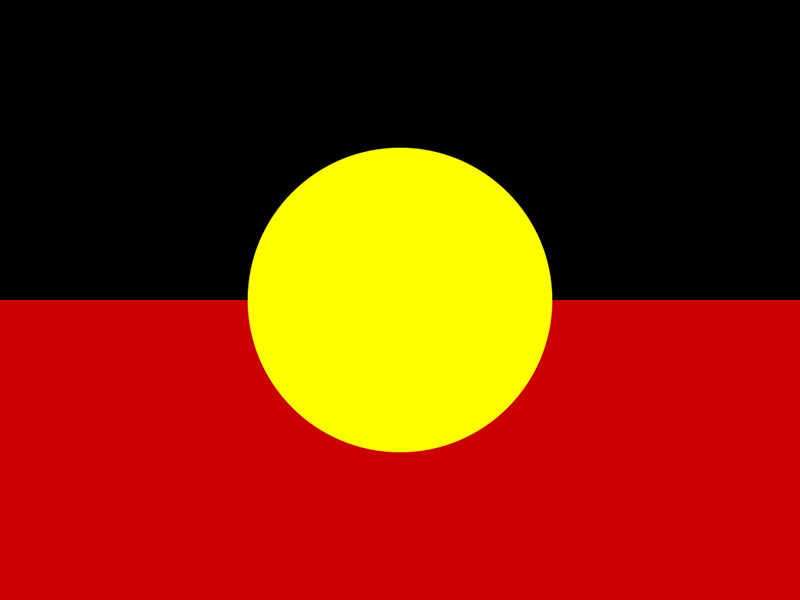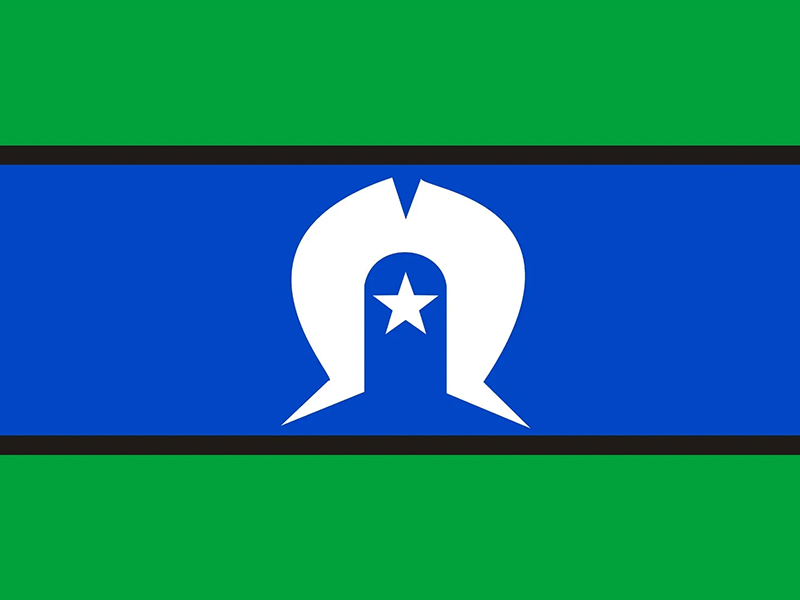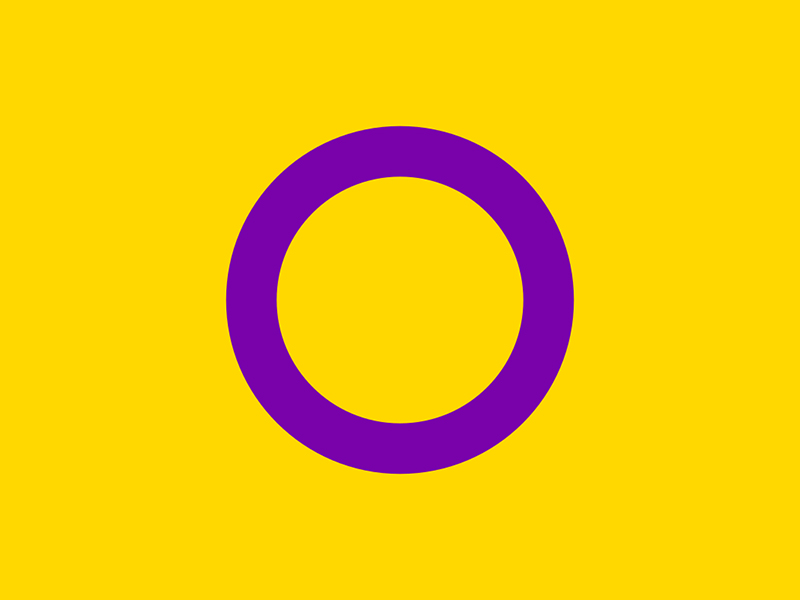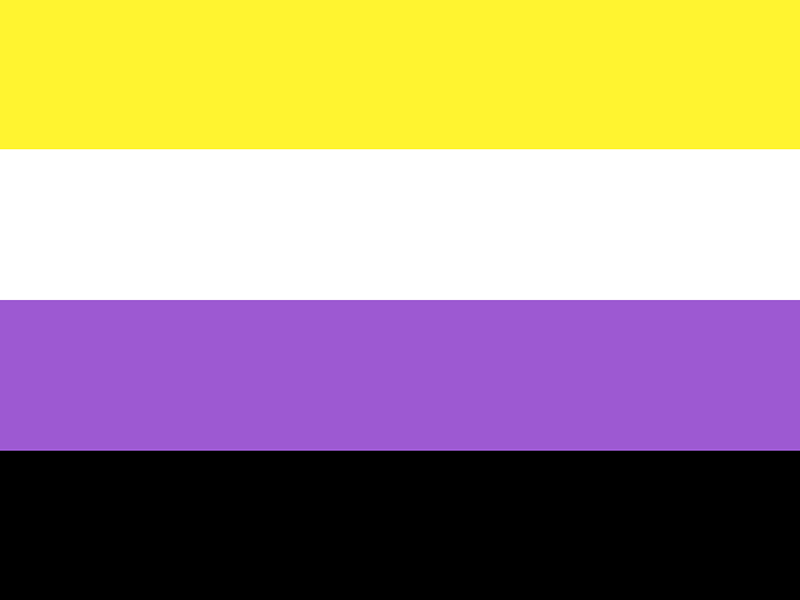What is coming out?
Coming out is a term used by LGBTIQA+ people’s self-disclosure of their sexual orientation or gender identity.
Some LGBTIQA+ people may prefer the term “inviting in” rather than “coming out”. This reflects that LGBTIQA+ people have a choice regarding who and when they share their gender identity or sexuality. It can shift the sometimes-overwhelming expectations around sharing.
Coming out can be complicated
Although coming out is often a freeing and liberating experience, it can also be difficult and takes a lot of courage.
Once a person comes out they may change the way they express themselves, move into different interests and mix up their friendship groups. This can be difficult for people to understand as it seems like the person is changing so much.
However, it is often the person starting to express their true selves and unlearn the behaviours and expressions they learnt as ‘normal’ or safe. This is exciting! You get to witness the person flourish into who they want to be!
Hiding who you are can be exhausting and takes a lot of energy away from important thinks in a person’s life. Unfortunately, people who are not out can have poorer mental health compared to those who are out.
If someone comes out to you
- Thank them for sharing themself with you
- Exploring identity and coming out is a journey and process. Support them as they continue to understand more about themselves!
- Respect their confidentiality – they may not be out to other people including family members. It is not your place to tell others if they are not out to everyone. They may change the way they express themselves in different situations as not all settings may be safe to express their whole true self
- Offer support for when they come out to other people
- Continue to check in with them to show that you are still close
- Learn about the LGBTIQA+ community
- Depending on how they identify, it may be appropriate to ask for their pronouns
- Refer them to LGBTIQA+ services and groups like Freedom that can support them if they need
- Work to create a safe space where their identity and experiences are normalised
Tips to be an ally
Allyship is not just about supporting the LGBTIQA+ people you know, but also creating a world where all LGBTIQA+ people can feel safe to be themselves.
Things to avoid
- Don’t say “Are you sure?” It questions the validity of the person and the emotional journey they may have been on to reach this point
- Don’t say “I knew it!” It suggests their sexuality or gender identity has been thought about, discussed, or gossiped about based on stereotypical views
- Don’t say “You don’t seem…” There is no ‘right’ way to express oneself and this statement is based on stereotypes. It is very harmful as it puts people in boxes
- Don’t ask probing questions or cross personal barriers you wouldn’t normally cross
- Don’t tell other people.
Remember: It’s about doing what will make the other person comfortable, not what will make you comfortable.
If someone is coming out to you, they likely trust you and know that you are someone who can be supportive and caring.
Do not behave differently around them, they are still the person you knew before. Continue to be a close and important person in their life.






